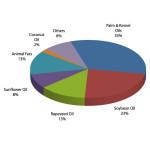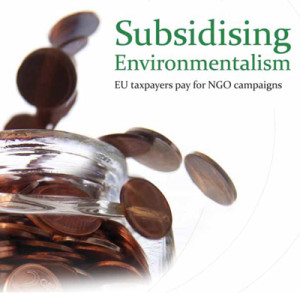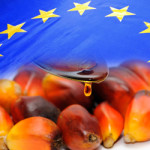Council for the common good
 MALAYSIA and Indonesia, the two largest palm oil producing countries that account for 85% of world CPO, recently agreed to set up a Council of Palm Oil Producing Countries (CPOPC). How will this be different from a government-to-government arrangement between the two nations and what do you hope the council can achieve?
MALAYSIA and Indonesia, the two largest palm oil producing countries that account for 85% of world CPO, recently agreed to set up a Council of Palm Oil Producing Countries (CPOPC). How will this be different from a government-to-government arrangement between the two nations and what do you hope the council can achieve?
Chow Kok Choy: The idea behind it is very positive, as Malaysia and Indonesia are the biggest producers of palm oil in the world. The problem is, if it is set up as a cartel, there will be a very negative impact because cartels usually don’t work. The proposed council must, very importantly, have market intelligence. Both countries should pool their resources to look at how the production of palm oil is, and how our competitors are doing. It will allow both countries to strategise on what they are going to do. At the moment, the data from Indonesia is very dubious as there is no clear data about its actual production and the planted hectarage. So if all this data is available to both countries, then they can plan for the months ahead. Market intelligence is very important for the two countries to formulate policies. Another thing the council can do is to work on fighting the negative perception of palm oil. Both countries need to have a common policy on how to fight this.
Datuk Aliasak Ambia: Theoretically, it is very good. There are many problems in the palm oil industry and these problems cannot be tackled in isolation. You have to compromise with the other major producing countries. We know very well that with the rubber producers council, many things were discussed, signed and agreed, but nothing really worked. So I hope this council has a clear objective, communication should be focused, and there must be monitoring in both countries. There must be rules set, and if you do not abide by them, there must be penalties.
Datuk Carl Bek-Nielsen: It is still too early to tell.. Right now there is an intention, but that intention has to be followed through in order for it to become effective. It is the effectiveness that we are apprehensive about. We hope that something good can come out of this. It is essential that when you come up with an agreement involving two sovereign nations, rules must be applied and adhered to by both parties. There can be no two standards. That is one thing that has to be taken into consideration.
Peter Benjamin: It is a positive move, but the details have to be worked out. The important thing is, in Malaysia we are taking the lead in promoting palm oil and fighting anti-palm oil campaigns, and we would prefer to have both countries cooperate on this. We shouldn’t be competing with each other; we should work together to promote palm oil. On sustainability issues, it will be good to have this council bringing all parties together to have a common stand.
Tan Sri Dr Yusof Basiron: The two countries should work together with a common vision of trying to improve the well-being of the palm oil industry. This can only be done when both countries are capable of committing to the respective programmes. In the past, we tried to pursue this objective, but it didn’t work perhaps because Malaysia was more capable of keeping to the commitment, especially financially. Now, the big opportunity is that Indonesia has revamped its levy system and collects what they call the palm oil fund, about US$1bil worth, that is dedicated to palm oil rationalising supply through the biodiesel programme, replanting, promoting and countering the anti-palm oil campaigns.
So, this is the strongest model; we can’t call it a cartel. However, the tools that cartels use are the same thing. They want to cut production. In the case of palm oil, it cannot be done because similar to rubber, there are too many producers (smallholders) but, you can cut supply temporarily by replanting the old trees. This is what we have done in the past. Our model is being re-examined for potential use.
However, you can divert supply into a massive potential use through biodiesel. Other commodities like rubber and petroleum don’t have this means to divert supply away and this is the biggest opportunity we have. Indonesia is producing a lot more palm oil than we are, and there is bound to be over-supply in the market from time to time, and supply rationalisation is necessary. But this ability to divert oversupply away from the main market would be a very strong instrument to stabilise the price of CPO. So we are talking about price stabilisation, and not a cartel. This is good for the farmers, good for the buyers and everything seems to be a bit more organised. This is a positive model, and we have been thinking about it for a long time.
Source : The Star
(The Star Roundtable on Palm Oil 2015)










Leave a Reply